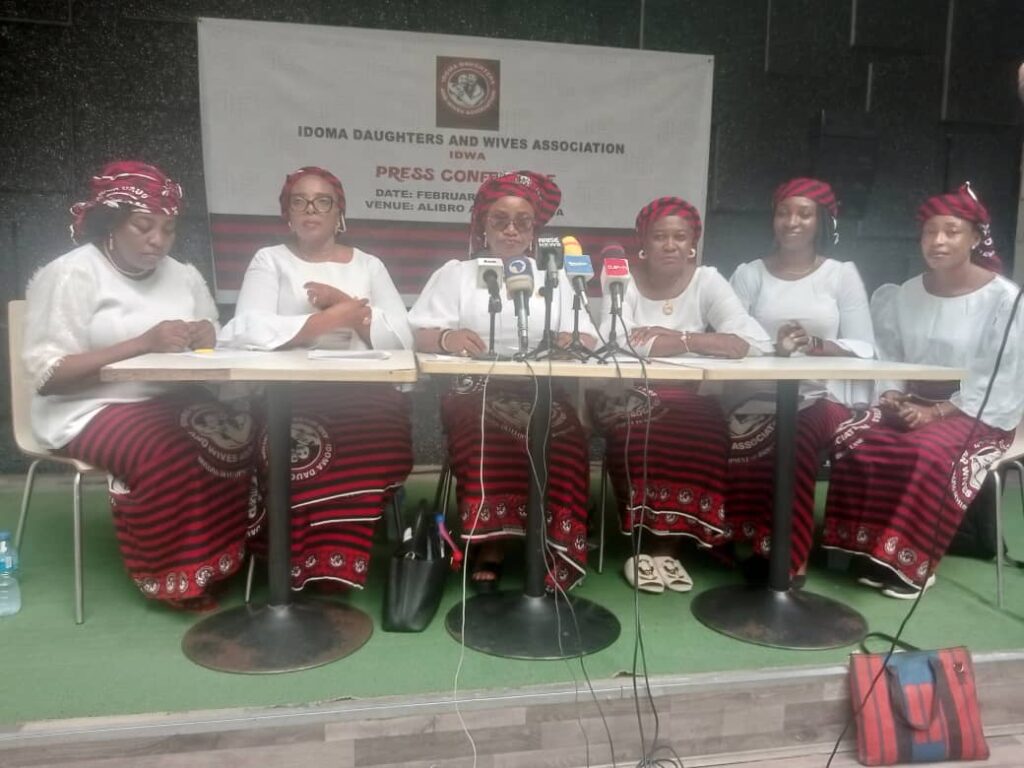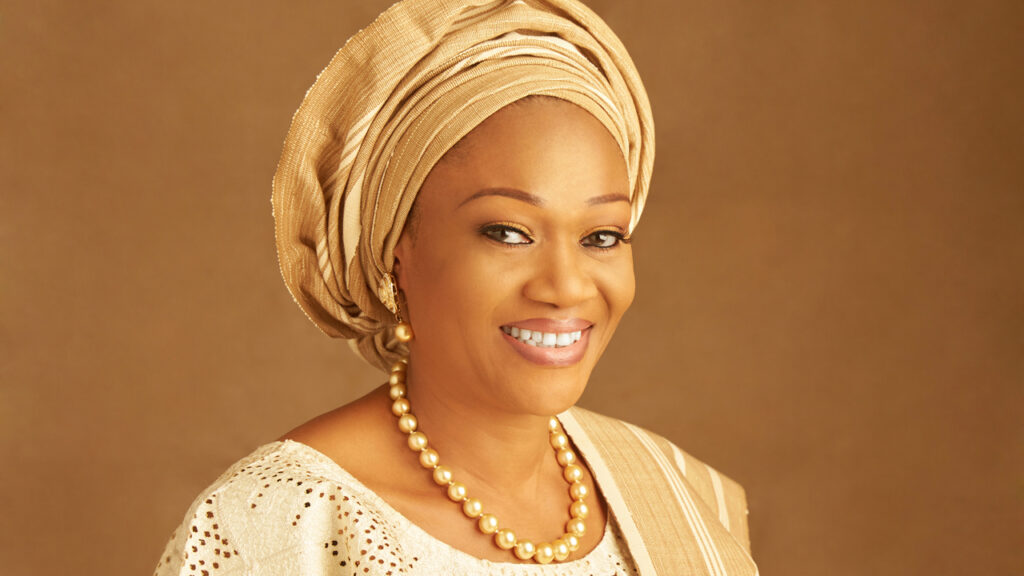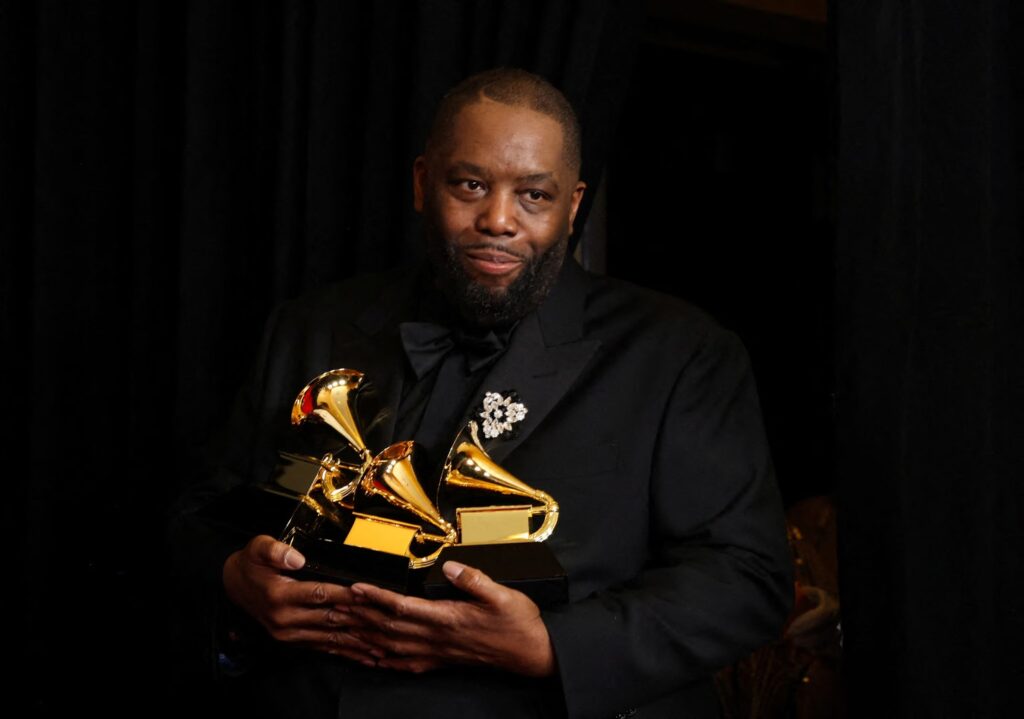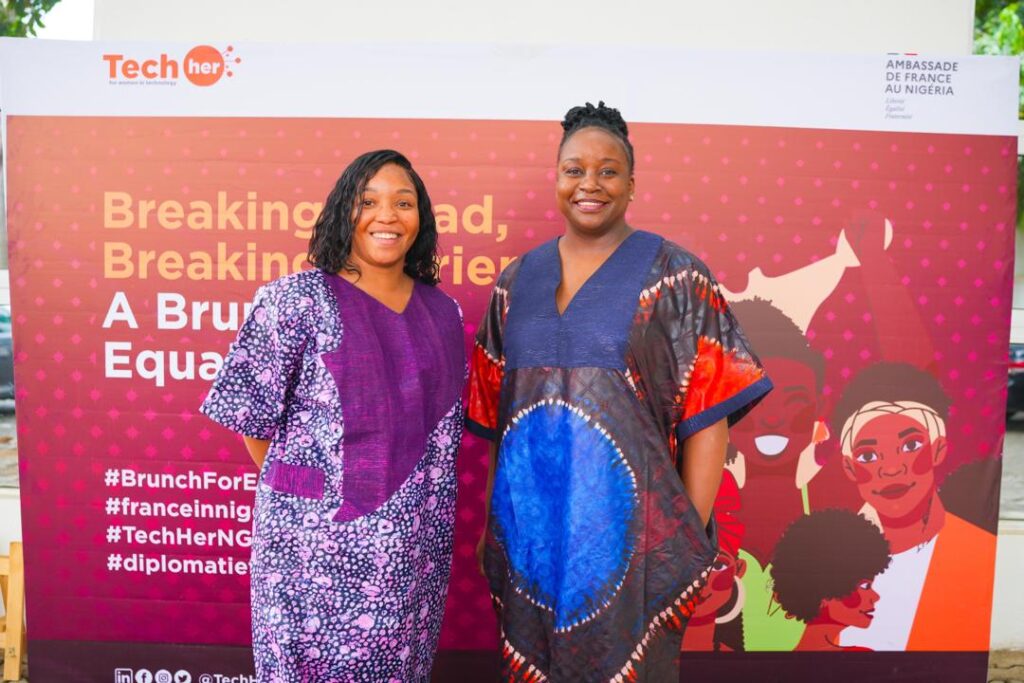Continued from yesterday
THESE developments entail a growing need for the representation of divergent interests in conflict resolution. Although new actors are usually classified according to their affiliation with nation-states (state or non-state actors), in order to examine their role in the resolution, management, and transformation of contemporary conflicts, classifying them according to the scale of their activities and authority compared to that of the nation-state, will help to know what role they could play in the entire process.
Regional and inter-governmental actors: Any local conflict has the potential to generate cross-border unrest as the Boko Haram insurgency has impacted on some neighbouring countries, raising the stake of global players who may represent the interests of the international community as a whole. These include regional, global and inter-governmental treaty organisations like the ECOWAS, AU and UN. These groups have a big role to play as Nigeria security situation still remains volatile. As the Islamic extremist group continues to attract international attention and condemnation, the time is right for the Nigerian government to seek the help of international collaboration to track, manage and counter the insurgency.
Nigeria should strengthen the West African Counter-Terrorism Group with neighbouring countries like Niger, Chad, Cameroun and possibly Mali to work together in developing strategies and to ensure the nationals of these countries are not being recruited by terrorist groups. The conflict resolution mechanisms of cross-border communities should be strengthened and developmental interventions addressing poverty and improved public services should be a top priority. This will help to discourage the youth from joining the insurgency and make it less attractive. The involvement of these actors has a more direct and bigger influence (positive or negative) on a conflict and its dynamics. These players can afford to track sources of funding for the terrorist group, identify their training camps and also engage in conflict resolution at any stage and sometimes act as principal participants (negotiators, observers, arbiters, or mediators).
Non-state actors: These include private business, media civil society organisations, ethnic and religious groups. There is an urgent need for Nigerian government to set up a Working Group made up of this actor to devise strategies to curb this crisis. This group’s activity should be backed by local and international NGOs with skills in conflict resolution, community development and related issues. The community and religious leaders will work to set up dialogue projects or trust building intervention that will be able to unite all community members. Our religious and traditional leaders have a big role to play in settling conflicts in Nigeria. They command great power and influence and this must be recognised and utilised by decision-makers and used to facilitate reconciliation and trust building between and within communities.
The Nigerian media is a big player and stakeholder in the management of conflicts and social relations, due to its power to reach, influence, and manipulate large audiences. It is also a powerful means of politicising issues and of generating division between sides of a present or future conflict. The question remains what role the media has played in contributing to the present conflict in Nigeria? The media as part of Non-State Actor’s Working Group should design and develop a media strategy to ensure their reports are not divisive and do not escalate current situation to the advantage of the insurgents. The power of the media, however, can be used not only for generation or escalation of conflict, but also for its resolution (Howard, Rolt, van de Veen, and Verhoeven, 2003; Melone, Terzis, and Beleli, 2002).
Para-military groups: The processes and the emergence of Civilian JTF participation in the insurgency in the North East should be properly managed. What needs to be done is to find ways to identify new military, political, economic, and social methods of influencing these groups and their role in conflict resolution. Most of the people involved in Nigerian conflict whether in the South-South or North East are young people and sometimes they are under 18 years which qualifies them as child soldiers. A special approach is required for their care and the protection of their rights before, during, and after conflicts. There is need to bring these groups during facilitation of dialogue in political processes and political dialogues.
Traditional and religious leaders: As contemporary conflicts are mainly intra-state conflicts fought around issues of identity, be they national, religious or ethnic, traditional leaders and religious leaders have an important role to play. In situations of chaos and turmoil, they represent the forces that have the potential to unite and consolidate people. Often the authority of these leaders is recognised across the conflict line. Their power and influence can effect either escalation or resolution of conflicts. Accordingly, this power and influence of traditional and religious leaders must be recognised and utilised by decision-makers and used to facilitate reconciliation and trust building between and within communities.
Over the last 15 years, developed countries (in particular the U.S., Canada and Australia) have experienced an increase in the use of conflict management based on consensus-building to resolve disputes over the allocation of scarce ‘environmental’ resources (Conroy et al., 1998). The standard model comprises a process of consensual stakeholder negotiation, facilitated by an impartial third-party mediator.
The multistakeholder partnership model which came on board in the early 2000 has also been used in countries such as Azerbaijan oil sector, Somaliland War Torn Societies Project, Irish congress of Trade Union Counter Programme and in Croatia Roots of Peace initiative.
In spite of the widespread of conflicts in Nigeria and their long history, the article has shown that the Nigerian government has failed to tackle this problem through articulated multistakeholder conflict management techniques. The country’s record in conflict management has been poor as the government continues to rely on coercive method. There is no quick fix to conflict, multistakeholder initiatives take time to develop and require constant nurturing. As a relatively new and an innovative means of bringing diverse interest together, it is no longer up to the states alone to start or stop violence. Multistakeholder partnership has become a veritable tool to addressing issues of conflict and providing sustainable settlement of conflict.
Concluded.
• Nwigwe, a multistakeholder engagement expert, works with LITE-Africa as the senior programme manager.
Please send reactions and feedback for YOUTH SPEAK to:
editorial@risenetworks.org and 07067976667- SMS ONLY
Editor’s note: Contributions may also now be forwarded to youthspeak@ngrguardiannews.com if any contributor so chooses. YouthSpeak page is meant for the youths only who are within the age bracket of 18 and 43 years. It is a requirement that a contributor must state his name, address, what he does, his telephone number as well as email address.







